
- Long read
- Long read
Primodos, paternalism and the fight to be heard
Journalist Florence Wildblood examines the case of Primodos – a conveniently quick but risky hormone pregnancy test that was prescribed in the 1960s and ’70s – and profiles two women at the story’s shocking heart.

- Article
- Article
Dirt, disease and the Inspector of Nuisances
In the days when ‘bad air’ was thought to spread disease, dozens of Inspectors of Nuisances ceaselessly struggled against the perils of dirt – both visible and invisible.
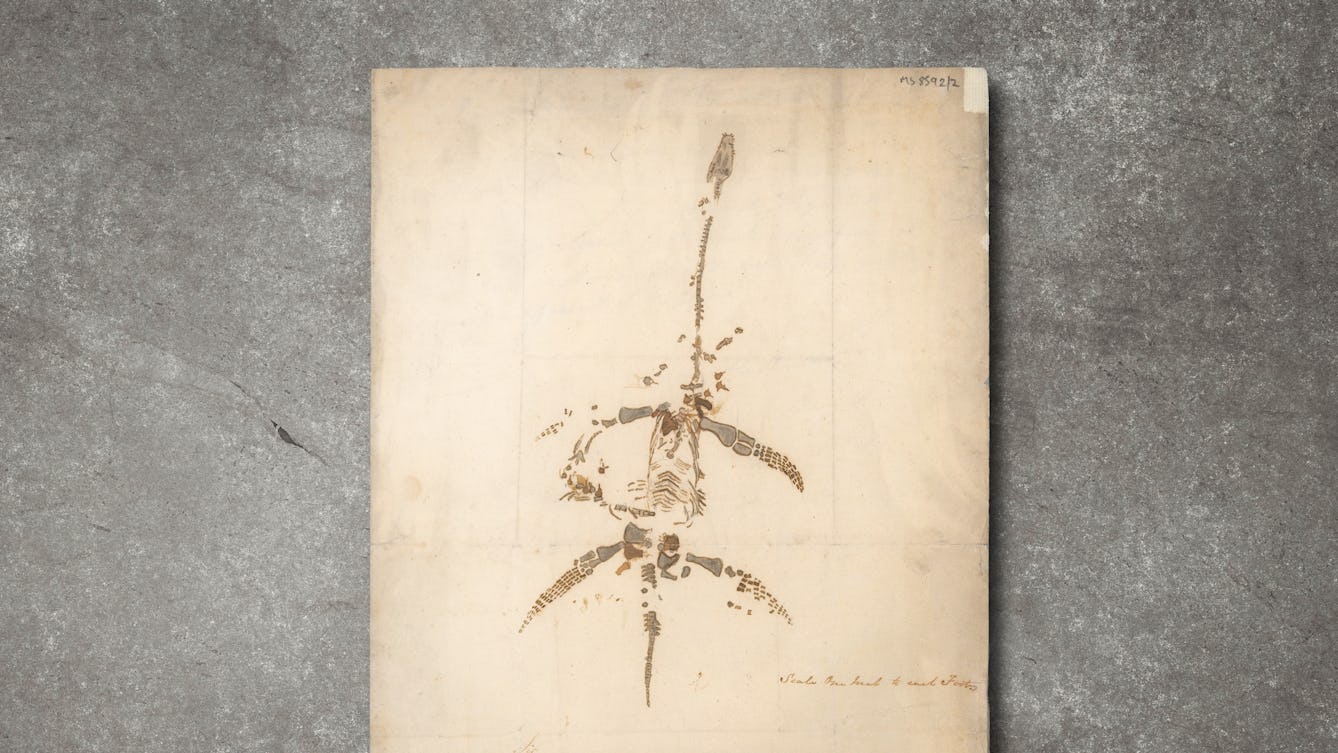
- Article
- Article
Would you like to buy a dinosaur?
Two remarkable letters and a drawing of a plesiosaur by Mary Anning offer a tantalising portal into the exciting world of fossil hunting and discovery of the 1800s.

- Article
- Article
Talent, tech and visual art
Jamie Hale finds a combination of talent and technology are crucial when it comes to creating great visual art, but how do you keep working when your circumstances are in constant flux?

- Article
- Article
Vivekananda’s journey
How a young Indian monk’s travels around the world inspired modern yoga.

- Article
- Article
The prostitute whose pox inspired feminists
Fitzrovia, 1875. A woman recorded only as A.G. enters hospital and is diagnosed with syphilis.

- Article
- Article
Life before assistive technology
When an inherited condition caused Alex Lee’s vision to deteriorate, he began to discover the technologies that would help him navigate the world around him. Here he describes how his life began to change.
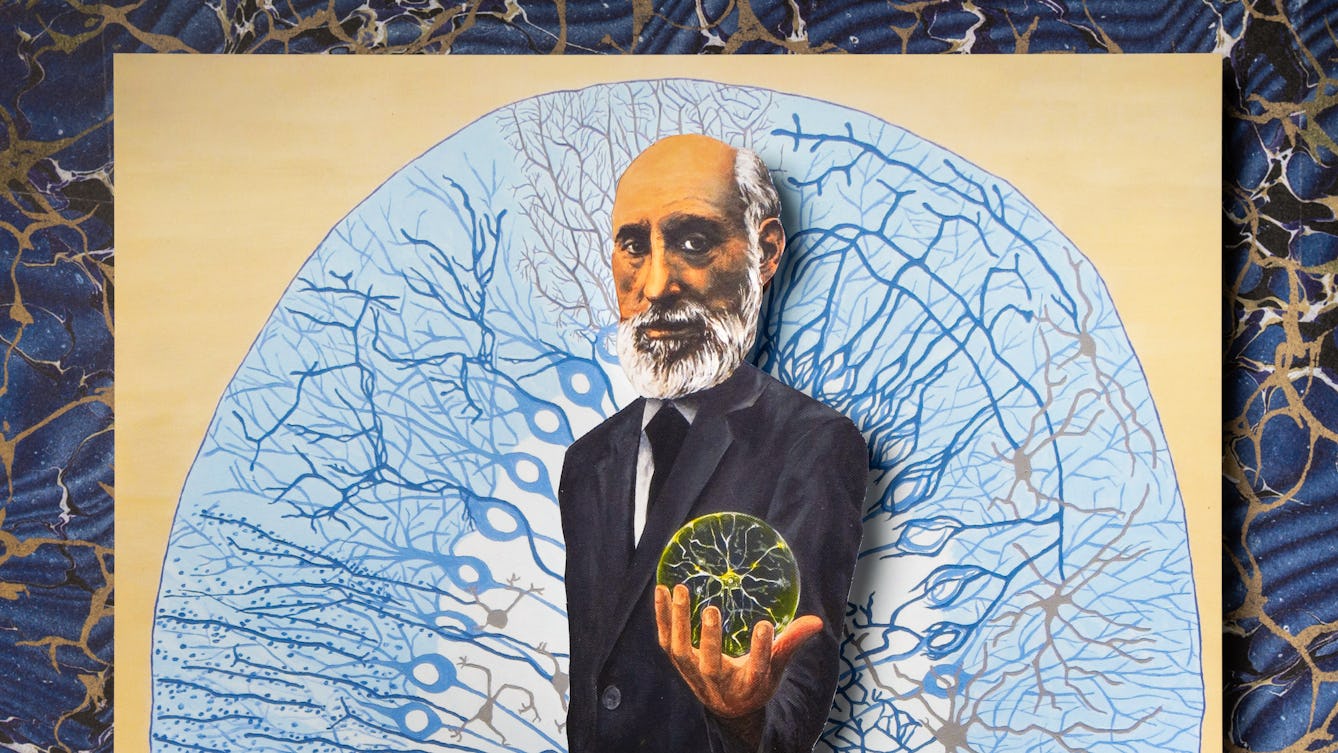
- Book extract
- Book extract
The shape of thought
Santiago Ramón y Cajal’s description of the moment in 1887 when he saw a brain cell for the first time never fails to move neuroscientist Richard Wingate to tears. Here he captures that enduring sense of wonder.

- Article
- Article
The child whose town rejected vaccines
Gloucester, 1896. Ethel Cromwell is taken ill at the height of Britain’s last great smallpox epidemic.

- Article
- Article
Navigating in a connected world
Alex Lee ponders the promising ideas, stalled projects and pricey gadgets that aim to help visually impaired people get out and about. But it seems that an actual human could be the essential ingredient.

- Article
- Article
Making sunstroke insanity
Medical historian Dr Kristin Hussey takes a closer look at sunstroke and mental illness, and how, in the late 19th century, they connected at the crossroads of colonial science and the idea of whiteness.

- Article
- Article
Chasing spring
Isabella Kaminski reflects on a transformative journey that saw her cycle the length of the UK, tracking the first signs of spring. She explores what the changing seasons can tell us about ourselves and the climate crisis.
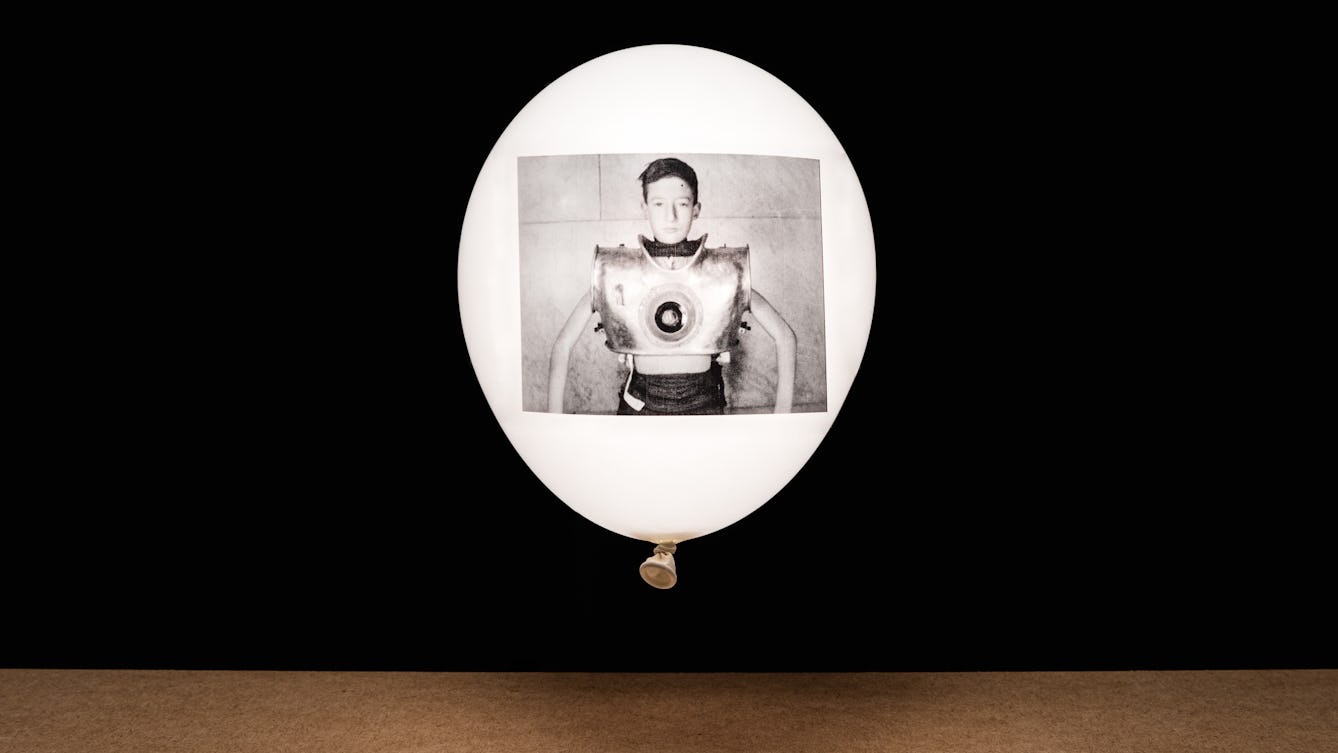
- Article
- Article
A brief history of ventilation
As ventilators continue to play an important part in helping very ill coronavirus patients, medical historian Dr Lindsey Fitzharris traces their development from the first attempts at mouth-to-mouth resuscitation through centuries of medical crises.

- Article
- Article
When monarchs healed the sick
Our current Queen fortunately doesn’t have to spend hours laying hands on the sick to cure them. But it was a different story for monarchs of the early modern era, whose touch was a sought-after treatment for scrofula.
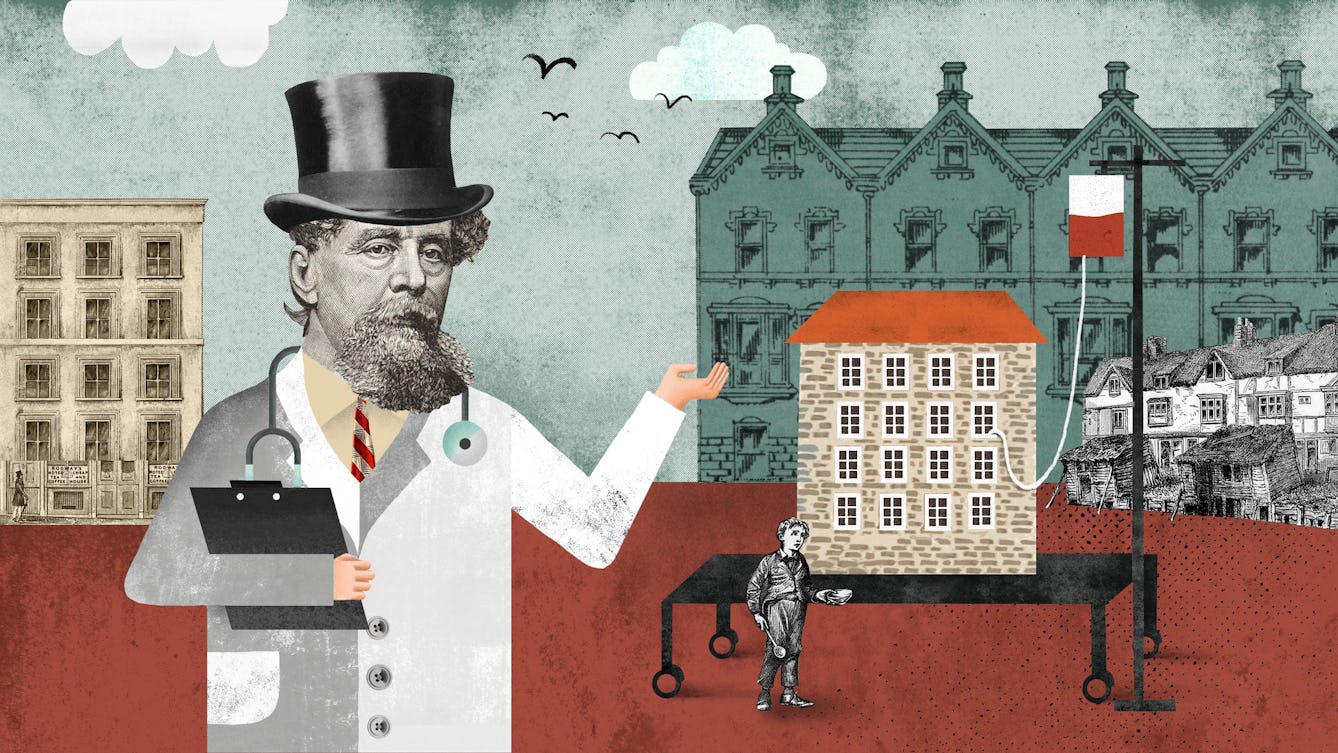
- Article
- Article
How slums make people sick
A newly gentrified corner of Bermondsey leaves little clue to its less salubrious history. But a few intrepid writers recorded the details of existence in one of London’s most squalid slums.

- Article
- Article
The making of ‘Quacks’
How do you create a medical comedy that’s authentic and laugh-out-loud funny?
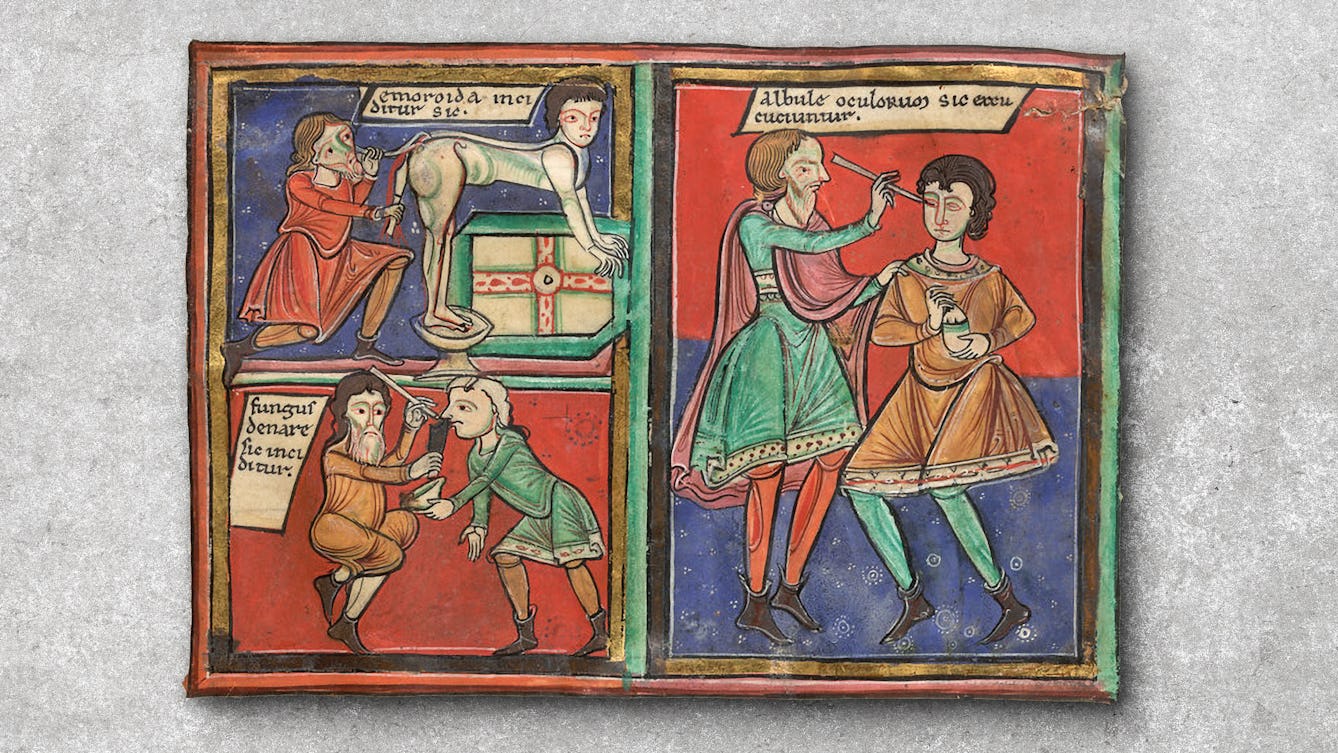
- Article
- Article
Revelations of blindness in the Middle Ages
Medieval texts, from Islamic medical treatises to Christian books of miracles, reveal surprisingly varied and complex experiences of blindness. But when medieval scholar Jude Seal experienced visual impairment themselves, they gained an even deeper understanding of the lives they were studying.
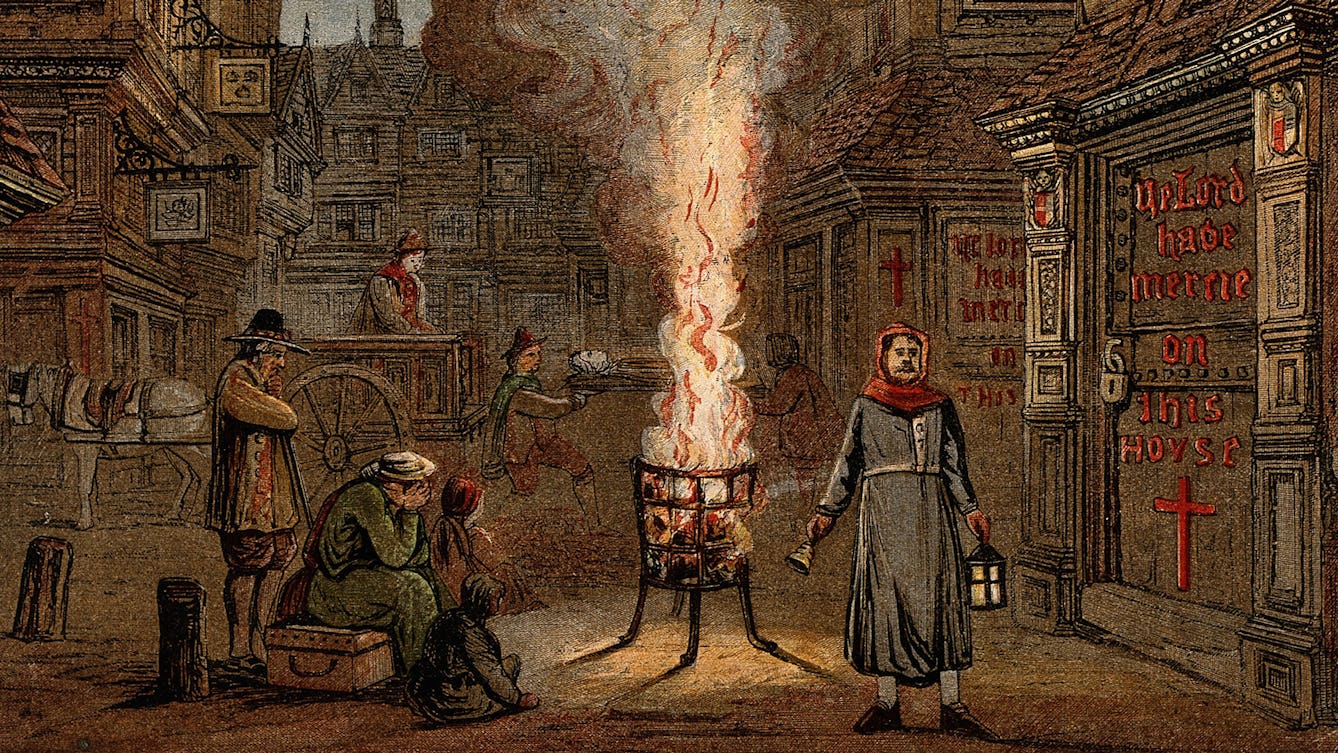
- Article
- Article
The tradesman who confronted the pestilence
The City of London, 1665. As the Great Plague hits the capital, John New faces a deadly dilemma.
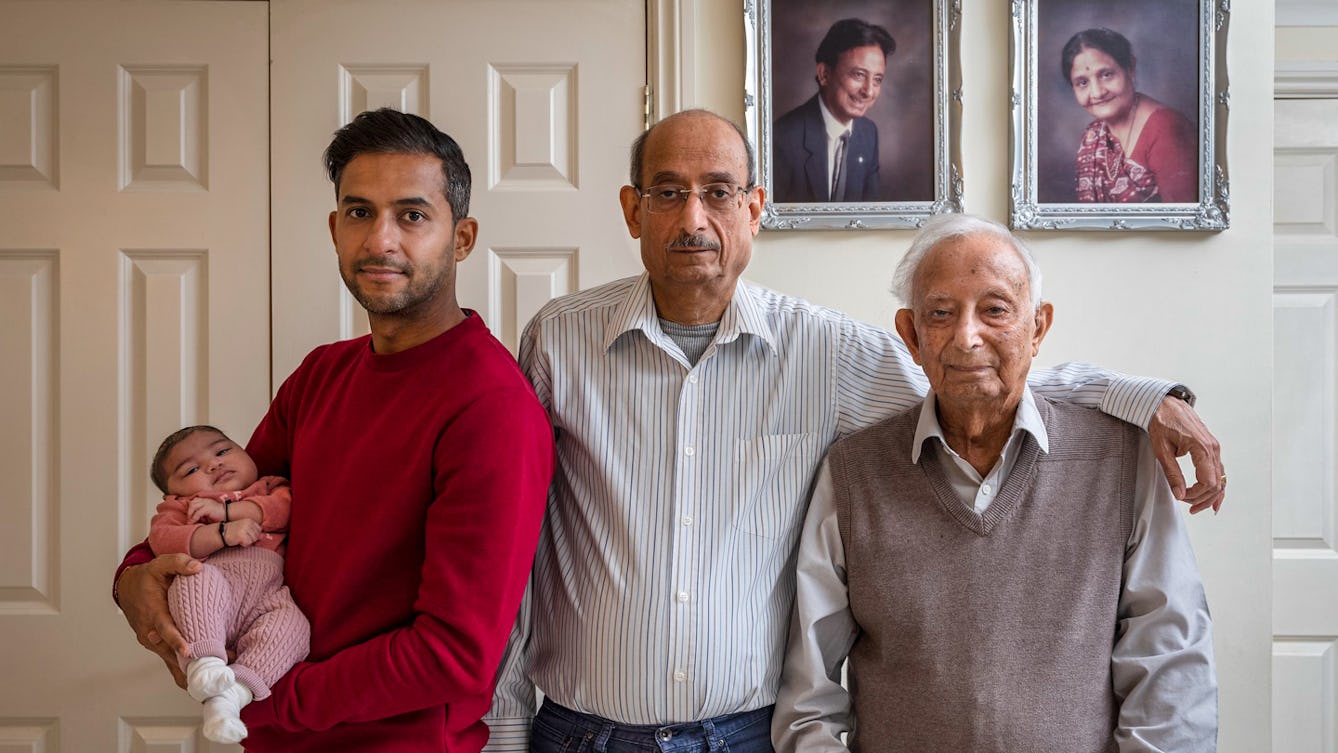
- Photo story
- Photo story
Generation portraits
Photographer Julian Germain’s major project focusing on portraits of multi-generational families came to a sudden halt during the various Covid-19 lockdowns. Here families celebrate coming together again in words and images.

- Article
- Article
The building as tool of healing
When we’re ill, it’s not just medical care that helps to treat us. Architects have discovered that the right environment can play an important part too.

- Article
- Article
Rediscovering Margaret Louden, a forgotten NHS hero
Bored during lockdown, David Jesudason started bin diving at night. Then a chance discovery set him on a new path: to tell the story of a forgotten female surgeon.

- Long read
- Long read
The ambivalence of air
Daisy Lafarge investigates the effects of air quality and pressure on body and mind, exploring air as cure, but one with contradictions.